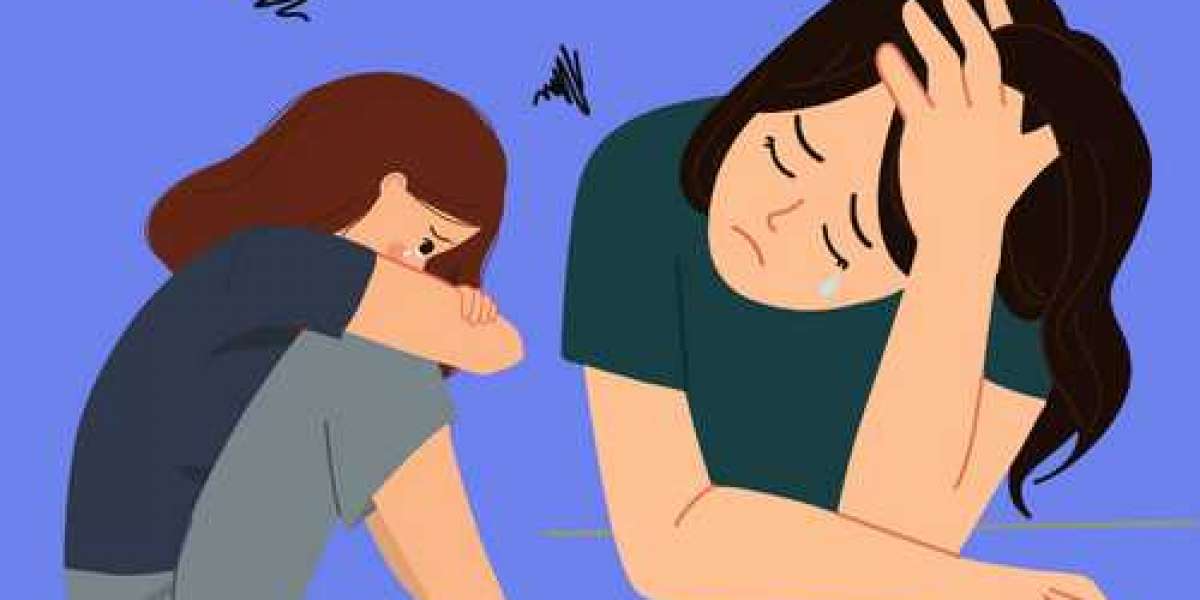Anxiety is the common feeling of worry or fear that everyone has at some time, for example before speaking in public or taking an exam. But when your worries become overwhelming and interfere with your everyday life, it is worth getting professional help.
The causes of anxiety disorders aren’t fully understood, but they may be triggered by certain life experiences or inherited traits. It’s also important to remember that it is not a sign of weakness or poor parenting to seek treatment for anxiety.
Many people find relief from their symptoms by talking with a therapist. Whether face-to-face, over the phone or online, there are many types of therapy to choose from and your therapist can recommend which one might suit you.
Cognitive behavioural therapy (CBT) helps you learn healthier ways of thinking and behaving. You’ll learn to challenge unhelpful and irrational thoughts, and develop more realistic ones instead. You’ll also practise relaxation techniques, which can help calm you down and distract your mind.
A personalised approach to treatment is important, and your doctor will talk to you about your personal concerns and the impact your symptoms have on your daily life. They may suggest medical tests to rule out other health conditions that could be causing them. For example, thyroid disease, heart disease and menopause can all cause anxiety symptoms.
Medications can be used to reduce anxiety symptoms, especially in conjunction with psychotherapy. There are several different medications that can be prescribed, including antidepressants and beta blockers. In addition, many people find it helpful to take herbal remedies, but you should always speak with a pharmacist or doctor before taking any over-the-counter supplements, as some can interact negatively with certain medications.
You can also get support from a support group for people who have anxiety. It can be helpful and empowering to know that you are not alone, and it is a good way to learn new skills to manage your symptoms.
Other treatments that your doctor may use to relieve your anxiety include family therapy, which is a form of group therapy where patients and their families learn how to better communicate with each other. You can also try mindfulness meditation, which is a simple, yet powerful, technique to help you feel more grounded and in control of your emotions.
The key to managing anxiety is educating yourself about the condition. Understanding that the 'flight or fight' response is your body’s natural reaction to a perceived threat, and that it can be triggered by situations that are harmless, can help you gain some control over your symptoms. It is also vital to recognise that living with chronic anxiety can cause stress on the nervous, cardiovascular, digestive and immune systems. This can lead to long-term physical problems such as irritable bowel syndrome, abdominal pain and diarrhoea. It can even suppress the immune system, leaving you susceptible to illness and a greater risk of infection. So be sure to prioritise sleep, eat well and try to stay active.








